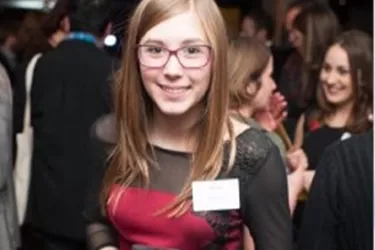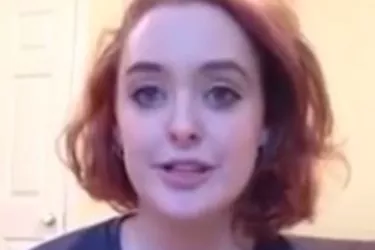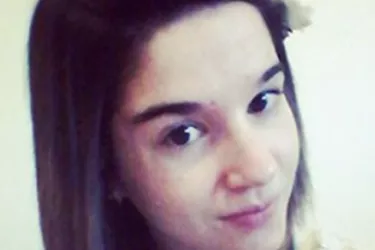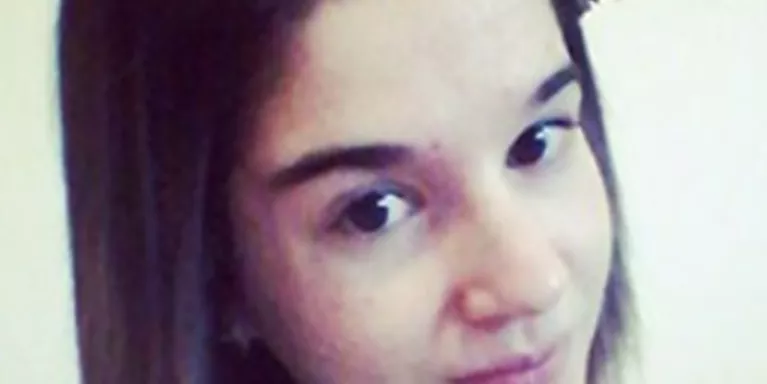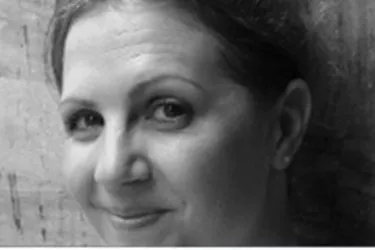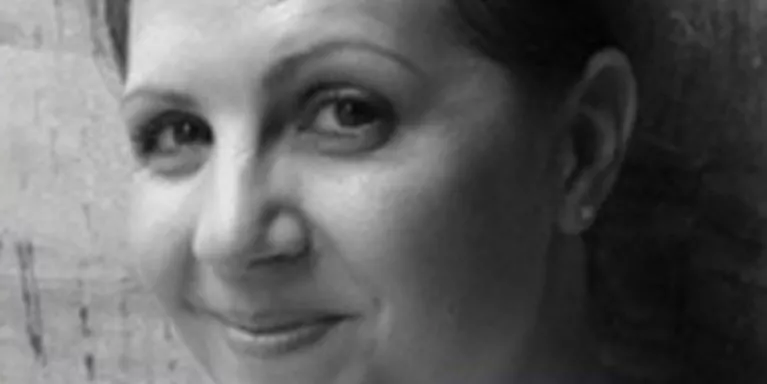Becoming a parent after baby loss
For Maternal Mental Health Week, Vicki blogs about her mental health after losing twin girls at 20 weeks and going on to have two more children.
Content warning: This blog includes descriptions of baby loss and a traumatic childbirth experience.
Losing my twin girls at 20 weeks pregnant affected me more than anything I could describe. I had to physically give birth to them, go through labour then say goodbye to them. It was heart-breaking. So, when I got pregnant with my son Louis, I just pretended I wasn’t. I did the obvious things like not smoke, drink, eat sushi etc. But generally, I would just try and go about my day attempting to not have any feelings for the baby growing inside of me. I was still grieving for my girls and I couldn’t let myself believe that this pregnancy would be any different. I couldn’t pick up any books or download any pregnancy apps. I had used them religiously with the girls and followed every step of their development. But with Louis I just couldn’t. I went NCT classes, but I paid no attention. I was living day by day, scan by scan and tried to block out people’s excitement for me.
I looked at this little, tiny baby in an incubator, and I felt numb. Then the guilt and shock quietly took over.
When Louis’ due date was upon us, unfortunately the labour was short and traumatic. He was whisked off to neonatal intensive care (NICU) before I even saw him, and I literally thought he had died. For a moment, I believed wholeheartedly that the thing I was dreading the most had happened, right at the last hurdle. So when, at around 5am the next day, I took myself to the NICU to see my baby boy, I felt nothing. He was the baby I had longed for after everything that had happened, but when I looked at him, I didn’t know how I felt. I looked at this little, tiny baby in an incubator, and I felt numb. Then the guilt and shock quietly took over. Where was that all-consuming love people talked about? I felt sick. I didn’t know what to do. At the time I felt so ashamed.
Louis and I were allowed home a couple of days later and I really did not know where to start. We had nothing ready for him because I was so convinced this wouldn’t actually happen. It was a real shock to suddenly have a baby boy in my arms. I didn’t reach out for help because I felt guilty for being so unprepared. I had no idea about breastfeeding and Louis struggled. I obsessively recorded his feeding, nappies and sleep and worried if they weren’t exactly as the guidelines suggested. I didn’t sleep and was constantly frightened that the worst was going to happen at any moment. But whilst this was all going on inside my head, I wanted to come across like I was doing OK. The first few months are emotional and exhausting for all new parents right? After everything I had been through with the girls, I didn’t want there to be another drama. I had the baby that I longed for. I should be happy now right?
When I look back I just wish I hadn’t been so ashamed.
When I look back I just wish I hadn’t been so ashamed. I don’t think I really admitted to myself than I needed help. Even when people tried to help I just felt judged. I didn’t speak to friends. I turned down neonatal mental health support. Although I was prescribed antidepressants, I didn’t take them because I worried how it would affect Louis. The only help I did get was anonymously online. I feel like there’s a lot more mum’s mental health stuff out there on social media now, which is a really good thing. It still helps me now and that’s what kept me going really, connecting with people in online groups and reading advice. So, we carried on like that, things improving little by little as Louis got older and I had a second son. When Albie was born, it was a planned c-section with no surprises. I saw him. I touched him. He came to recovery with me. He breastfed straight away. It was a completely different experience and the lovely calm (but still exhausting) new born days with Albie really made me realise how stressed and anxious I had been before. So when I went back to work after maternity leave I started to get some help.
Never think that what you are feeling is silly or shameful.
I’m still coming to terms with everything that has happened to me over the last few years. There is always something that feels more important than my mental health. But I started medication I’m having talking therapy which has helped a lot. I think if I could give advice to anyone who is pregnant or a new parent, even if you haven’t experienced a loss, I’d say just say what you’re thinking. Never think that what you are feeling is silly or shameful. Say whatever you want to say and don’t worry where the help is coming from. Just take it. Your experience of motherhood might not be the same as the baby apps and the expectations you had, but it’s yours and you have the right to support like everyone else.

Related Topics

Information and support
When you’re living with a mental health problem, or supporting someone who is, having access to the right information - about a condition, treatment options, or practical issues - is vital. Visit our information pages to find out more.
Share your story with others
Blogs and stories can show that people with mental health problems are cared about, understood and listened to. We can use it to challenge the status quo and change attitudes.










